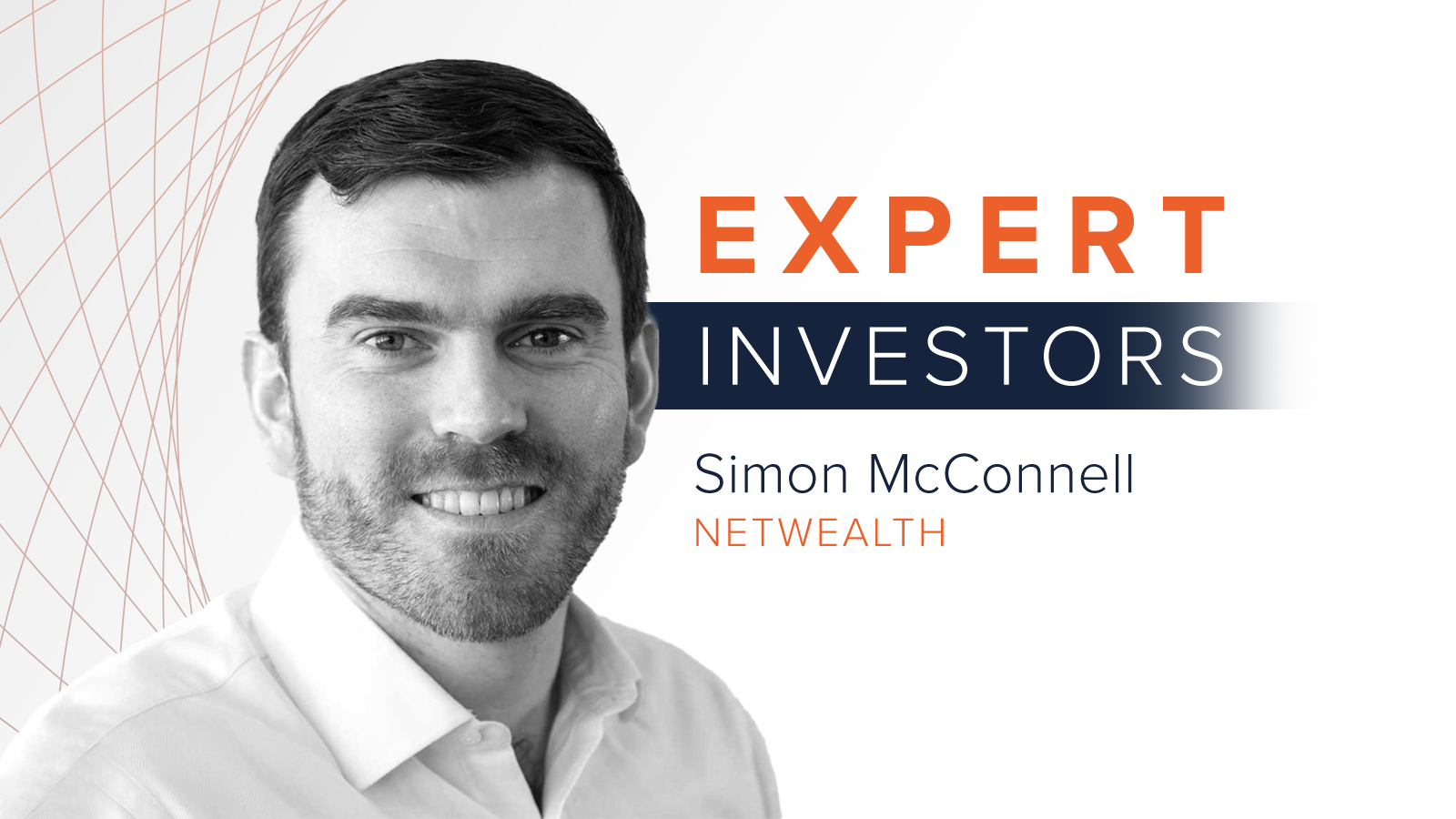Simon McConnell, head of portfolio construction at Netwealth, has said clients “do not fully understand” the virtues of synthetic ETFs despite new opportunities in the market.
Speaking to ETF Stream, McConnell said the firm – which only uses physically-backed ETFs – has been debating about the inclusion of synthetic ETFs in its portfolios but added the “online nature” of its client base means it does not want to get “hung up” on complex messaging.
“Coming from an institutional background, we are aware of the benefits of synthetic ETFs and understand how important it is to assess the collateral baskets or the counterparty risk,” he said.
"But for most of our clients, we will have an online-only relationship and we do not want to be talking about the virtues of synthetic ETFs. We want to be hitting messages more broadly around risks and other key messaging, rather than getting hung up on the quality of collateral baskets.”
He said investors “got burnt” using synthetic ETFs in the lead-up to the Global Financial Crisis in 2008, but added lessons have been learnt while new opportunities are emerging.
As a result, demand has risen for synthetic ETFs in recent years and the structure looks to be finally repairing its reputation due to the emergence of several performance benefits.
For example, synthetic ETFs tracking US equities do not pay withholding tax on dividends as the substitute basket of the ETF is restricted to non-dividend paying stocks.
Structural anomalies in China A-Shares have also emerged, helping to drive performance in ETFs such as the Invesco S&P China A MidCap 500 Swap UCITS ETF (C500).
“With Chinese onshore equities and the S&P 500 dividend aspect, there are opportunities,” McConnell said.
“Many investors got burned in 2008 with poorly constructed synthetic ETFs, and while a lot of lessons have been learned by the sell side, it has not been fully understood by the client.”
He added the group has not ruled out ever using synthetic ETFs but would always choose physical exposure if there was one available.
Trading costs are key
Netwealth uses ETFs for “almost the entirety” of its seven-strong risk-based portfolios, both as a building block and strategic asset allocation.
“ETFs are super liquid and relatively low cost to trade which gives us flexibility and nimbleness,” he said.
McConnell noted trading costs were one of its key criteria and “often overlooked” when selecting ETFs.
“We are investing on a daily basis, either changing our model or increasing into a position that might be kind of a big-ticket trade, but on subsequent days, we will be investing in new client flow and this can vary depending on client demand,” he said.
“We must make sure that we have methods of execution that are suitable for all those eventualities. Certainly, we want to make sure that those incremental client flows or those new clients are not punished in terms of wide spreads.
“We do not have a specific minimum investment amount, but we will rule out investing in certain ETFs if we think that the liquidity profile is not sufficient.”



